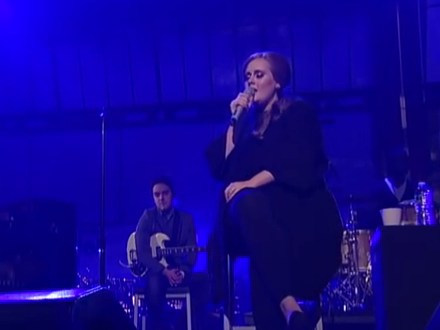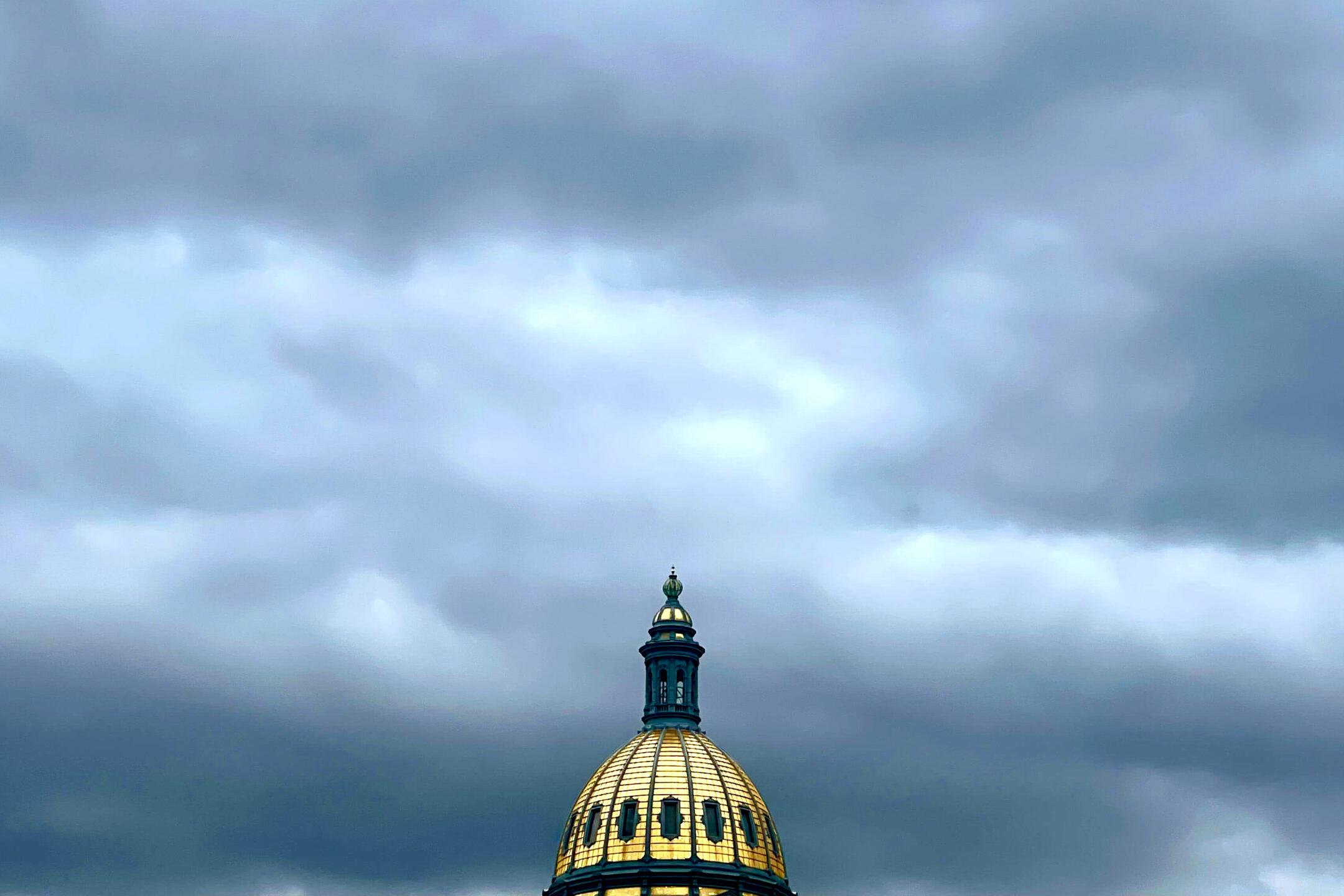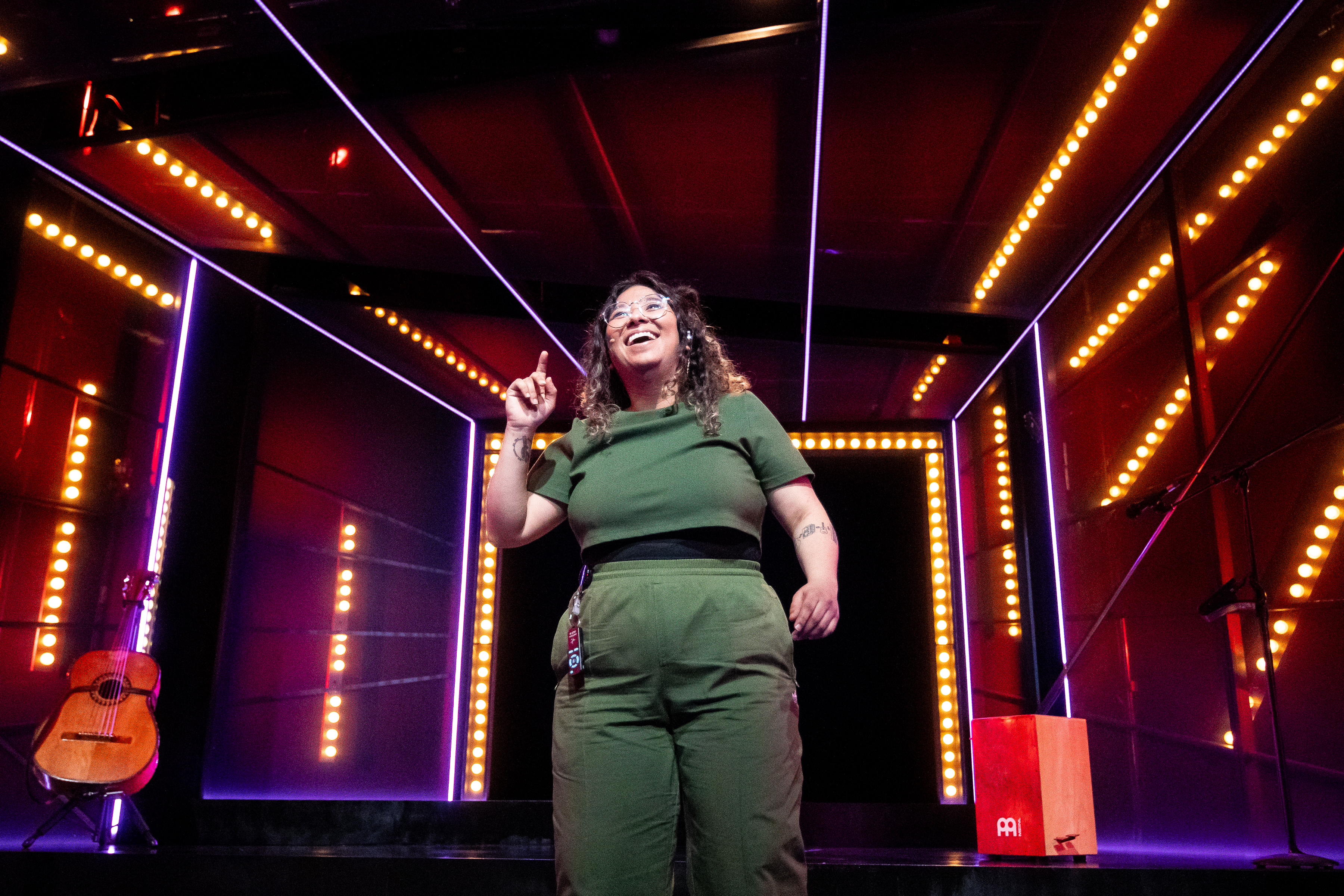

A BBC documentary a few years ago draws a line from the Adele song in my daughter’s music collection back to songs by Franz Schubert.
Host Howard Goodall points out that both of these songs are about four minutes long, are piano-based, and feature emotional lyrics and great melodies. And in both cases you "get it" the very first time you hear it.
In the Adele song, you hear straightforward lyrics conveying a universal emotion of loss after a relationship has ended, an instantly familiar-feeling melody based mostly on a major pentatonic scale, and a simple, repetitive piano accompaniment.
In the Schubert song, you hear something similar. Friedrich Rückert’s poetry talks about love in a straightforward way. (“You are the calm, the restful peace. You are my longing, and what stills it.”) There’s a soaring melody that is easy to follow on first listen, and a sparse piano accompaniment.
Is this all actually more complicated than drawing a line from Schubert to Adele? Of course. There are differences between the two. To my ears, compared to the subtlety of Schubert, modern pop techniques can seem kind of like using a sledgehammer to convey emotions.
Although the sentiment in each of these songs is a different one, I think you can hear a few of the similarities Goodall is talking about -- both musically and in the spirit of the writing. Schubert and Adele both have a lot of depth and soul in their “pop songs.”
British commentator Paul Morley says today’s pop music has become so formulaic that the form belongs to the 20th century. He often turns back to classical music to experience something new and fresh. (I’m with Morley, by the way.)
With that in mind, it’s interesting to think about what style and form the “four-minute pop song” of the future might take. If we’ve drawn a line from Schubert to Adele, where do we go next?









